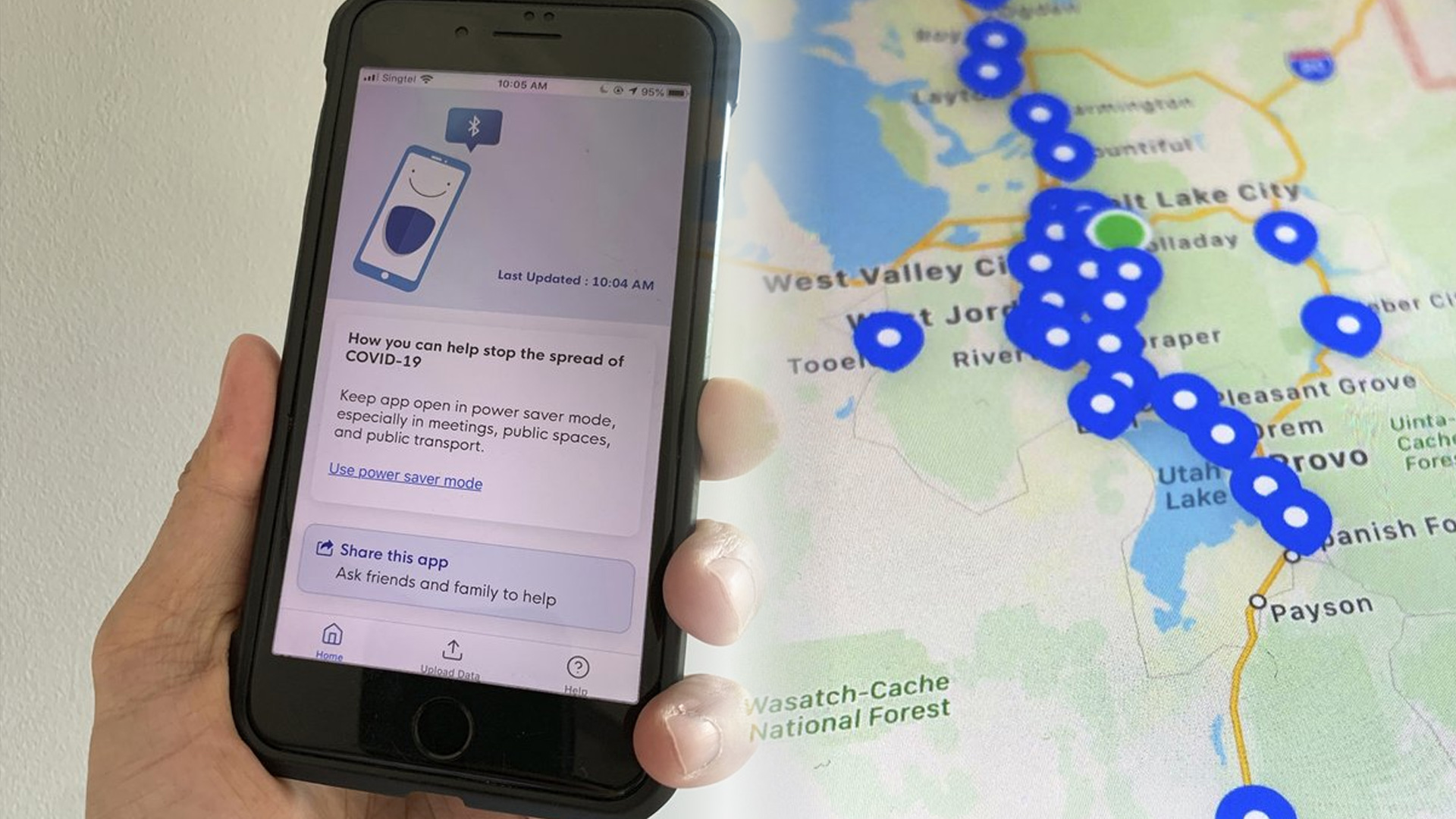Here Comes The COVID-19 "Tracing Apps" AKA Expanded Surveillance Program

As governments around the world consider how to monitor new coronavirus outbreaks while reopening their societies, many are starting to bet on smartphone apps to help stanch the pandemic.
But their decisions on which technologies to use — and how far those allow authorities to peer into private lives — are highlighting some uncomfortable trade-offs between protecting privacy and public health.
“There are conflicting interests,” said Tina White, a Stanford University researcher who first introduced a privacy-protecting approach in February. “Governments and public health (agencies) want to be able to track people” to minimize the spread of COVID-19, but people are less likely to download a voluntary app if it is intrusive, she said.
Containing infectious disease outbreaks boils down to a simple mantra: test, trace and isolate. Today, that means identifying people who test positive for the novel coronavirus, tracking down others they might have infected, and preventing further spread by quarantining everyone who might be contagious.
That second step requires an army of healthcare workers to question coronavirus carriers about recent contacts so those people can be tested and potentially isolated.
Smartphone apps could speed up that process by collecting data about your movements and alerting you if you’ve spent time near a confirmed coronavirus carrier. The more detailed that data, the more it could help regional governments identify and contain emerging disease “hot spots.” But data collected by governments can also be abused by governments — or their private-sector partners.
Some countries and local governments are issuing voluntary government-designed apps that make information directly available to public health authorities.
In Australia, more than 3 million people have downloaded COVIDSafe, an app touted by the prime minister, who compared it to the ease of applying sunscreen and said more app downloads would bring about a “more liberated economy and society.” Utah is the first U.S. state to embrace a similar approach with an app called Healthy Together, developed by a social media startup previously focused on helping young people hang out with nearby friends.
Both these apps record a digital trail of the strangers an individual encountered. Utah’s goes even further, using a device’s location to help track which restaurants or stores a user has visited.
The app is “a tool to help jog the memory of the person who is positive so we can more readily identify where they’ve been, who they’ve been in contact with, if they choose to allow that,” said Angela Dunn, Utah’s state epidemiologist.
Read the rest: apnews.com


